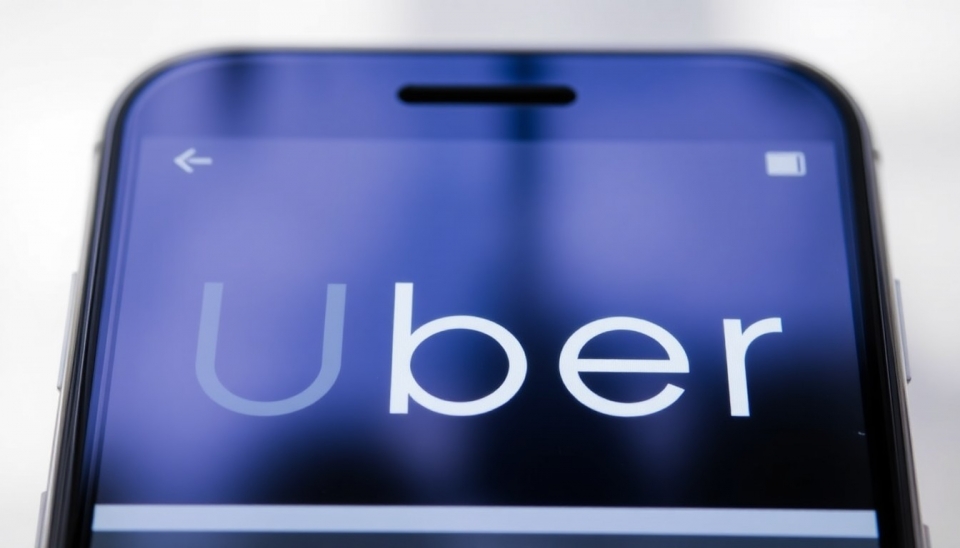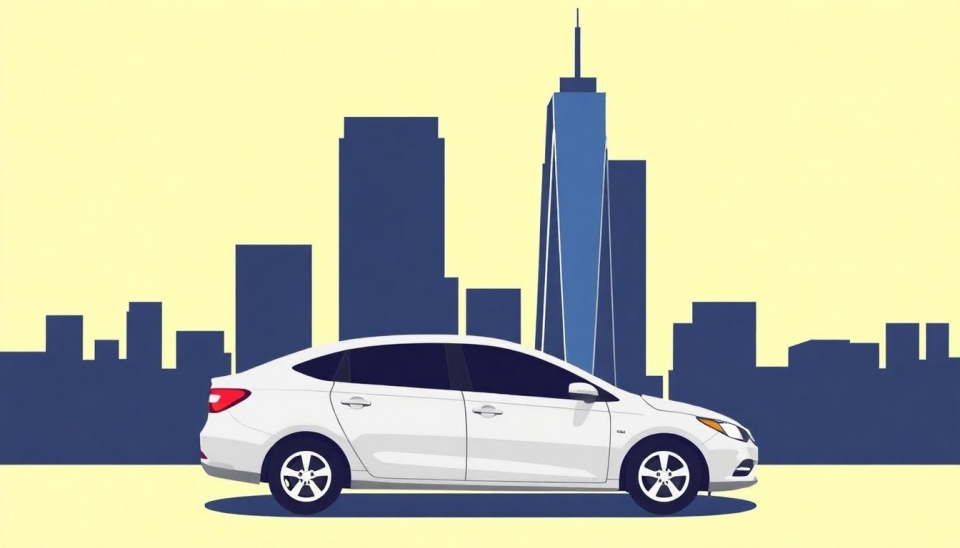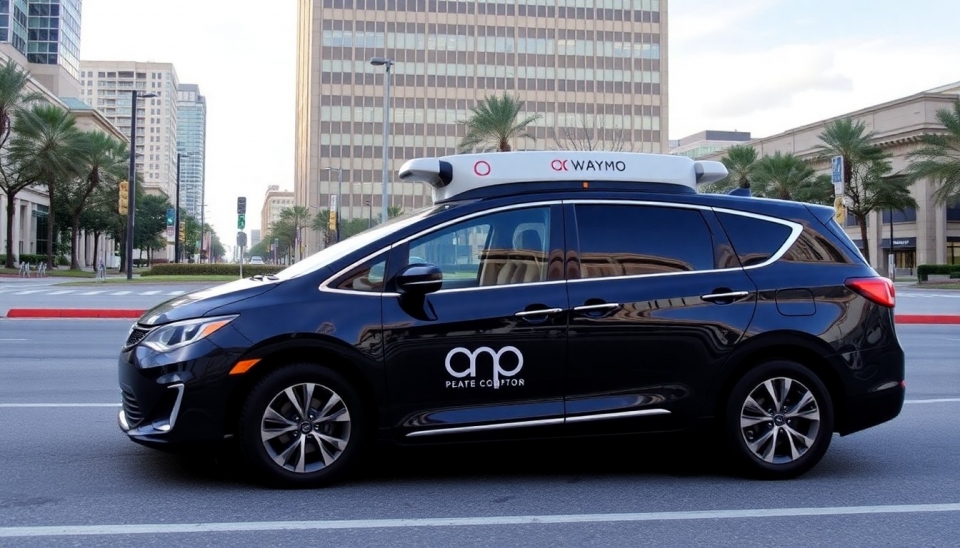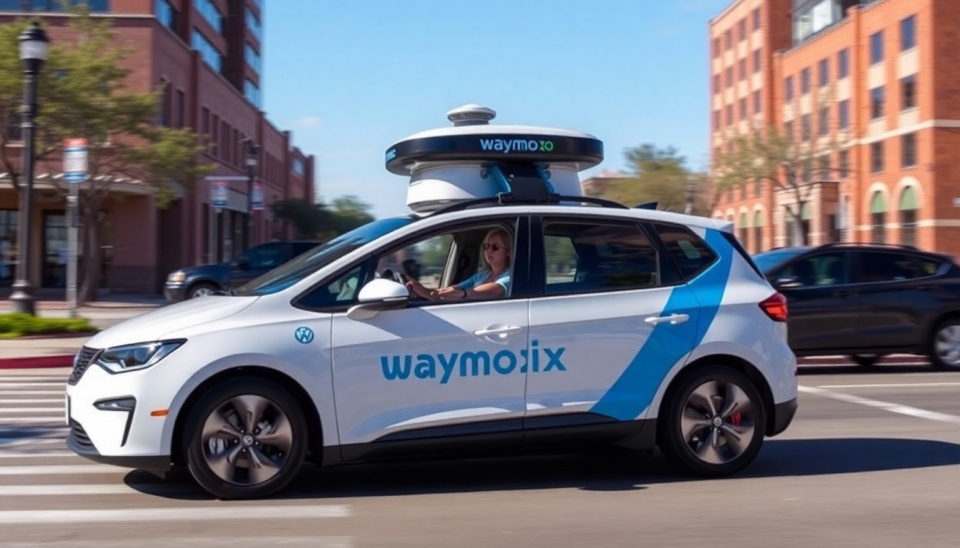
In a significant move that has raised eyebrows across the ride-hailing industry, Uber has officially proposed a reduction in the minimum pay for drivers in New York City, attributing this potential change to the recent decline in gas prices. This announcement comes as a part of Uber’s ongoing effort to adjust its operational costs and remains controversial among driver advocates who argue that this could lead to lower wages at a time when many are struggling to make ends meet.
The ride-hailing giant’s argument centers on the substantial decrease in fuel costs which have reportedly dropped below $3.50 per gallon. Uber contends that given these reduced expenses for drivers, a revision in the pay structure is valid and necessary. The company's proposal outlines a new pay model that would effectively lower the minimum earnings for drivers, despite the ongoing challenges faced within the workforce as rises in inflation and living costs continue to impact their livelihoods.
Uber's plan has prompted an immediate backlash from driver advocacy groups who warn that this change could significantly weaken the financial security of the drivers. Many drivers depend on the minimum earnings to cover basic living expenses, and a reduction could exacerbate financial strains, especially in a post-pandemic economy where job stability remains precarious.
Critics argue that the ride-share company is prioritizing its profits over the welfare of its drivers, who have been essential to Uber's success, especially during peak times and in challenging weather conditions. The proposals come as Uber is also looking for ways to stabilize its earnings amid increasing competition from rivals and pressure to maintain market share in a highly regulated environment.
As the discussion around Uber's proposed pay changes unfolds, city officials and labor advocates are expected to weigh in. Many will argue that any reductions in pay should not only be reevaluated against gas prices but should take into account the broader economic landscape affecting drivers, including the overall cost of living in New York City, health insurance needs, and other associated employment costs.
Ultimately, the outcome of Uber's proposal could set a precedent for how gig economy workers are compensated in urban centers nationwide, bringing to light the ongoing debate about worker rights, corporate responsibility, and the sustainability of gig-based employment models.
As this issue gains traction, both drivers and customers will be watching closely to see how this decision may impact earnings, service quality, and ultimately the future relationship between drivers and ride-hailing platforms.
In conclusion, Uber’s move to cut driver minimum pay amidst falling gas prices raises serious questions about the balance between corporate savings and fair compensation for independent contractors. The coming weeks will be crucial as stakeholders from all sides voice their opinions and advocate for the future of ride-sharing in New York City.
#Uber #NYC #RideHailing #MinimumWage #GigEconomy #FuelPrices #DriverAdvocacy
Author: Liam Carter




